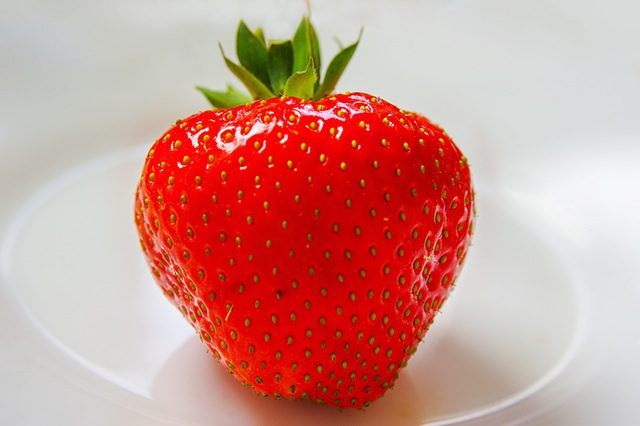If you are among the two-thirds of people in the country who are carrying around excess weight, you have undoubtedly tried a variety of eating plans over the years. Unfortunately, fad diets rarely lead to long-term health and wellness because the root of the problem lies in our daily eating habits.
Losing weight and becoming healthier is possible when done the right way. Rather than depending on prepackaged diet foods or extreme concoctions that are supposed to help you lose weight, you need to redevelop your relationship with food. Though this method is a bit slower, the long-term results are superior. Here are a few tips to get you started….

Look at the foods in your cabinet and the money you spend regularly on fast food and take-out. You are sure to see plenty of selections that are high in fat, calories and sugar while being low in nutritional value. As you reflect on your current habits, explore the reasons for poor dietary choices.
Start a journal devoted to recording your transformation journey. Write down the foods you currently consume, including the good and bad. What is going on when you hit the drive-thru or buy a whole box of doughnuts for yourself on the way to work? Do you lack the time or motivation to make other choices? Are you more likely to indulge due to stressors in your personal or professional life?
Determine which foods on the list are unhealthy and find better choices to replace them. For example, if you enjoy eating potato chips regularly, you can find chips made from quality ingredients that will provide fibre, vitamins and minerals instead of empty fatty calories.

Yes, these new options will have a different flavour than what you are accustomed to. Rather than expecting the replacement options to taste the same, appreciate the nuances of the new foods as just that, new foods. This will help you to mentally make the transition.
Because you have recorded the specific foods and times that are causing the most harm to your health, you can tackle those first. For instance, if you grab a sugar-laden cappuccino and pastry in the afternoons due to an energy drop, you can replace it with some water, fresh fruit and a handful of nuts.
If you find it difficult to drink plain water, add a twist or two of fresh lemon. Do not switch to flavoured waters which often contain artificial sweeteners or other questionable ingredients. You can also take a short, brisk walk to boost your energy levels.
As you select replacement products for meals and snacks, it is important that you avoid artificial sweeteners, fat-free goods and generally anything with a long list of ingredients or those you cannot pronounce easily. Multiple studies have indicated sugar substitutes as contributors to disease.
Although fat-free sounds good, manufacturers use unhealthy ingredients in most cases to provide the expected taste and texture. As for the ingredient list, simpler is almost always better.
You may need to alter other habits to help you achieve success. If you pull into the drive-thru of a fast food joint regularly, take a different route so you do not pass by it. Address mental and emotional health issues that contribute to binge eating. Remember that you are creating a new lifestyle, not just trying to lose weight.

Keep track of your progress and continue to reinforce your new choices. Although you may be tempted to reward yourself with a sugary snack for doing well, choose something that is not related to food, like a new video game or e-book. Also, if you make the transition correctly, you will have delicious snack choices every day.
You do not have to be enslaved to your current eating and lifestyle patterns. Instead, start replacing foods that do not contribute to your health with those that do. Monitor your progress and continue to make healthy changes. You can accomplish the health and wellness you deserve and maintain it for the rest of your life!
Shana Smith is a natural health enthusiast and successful business owner. She owns http://healthyideaslive.com, which is dedicated to a healthy lifestyle.











